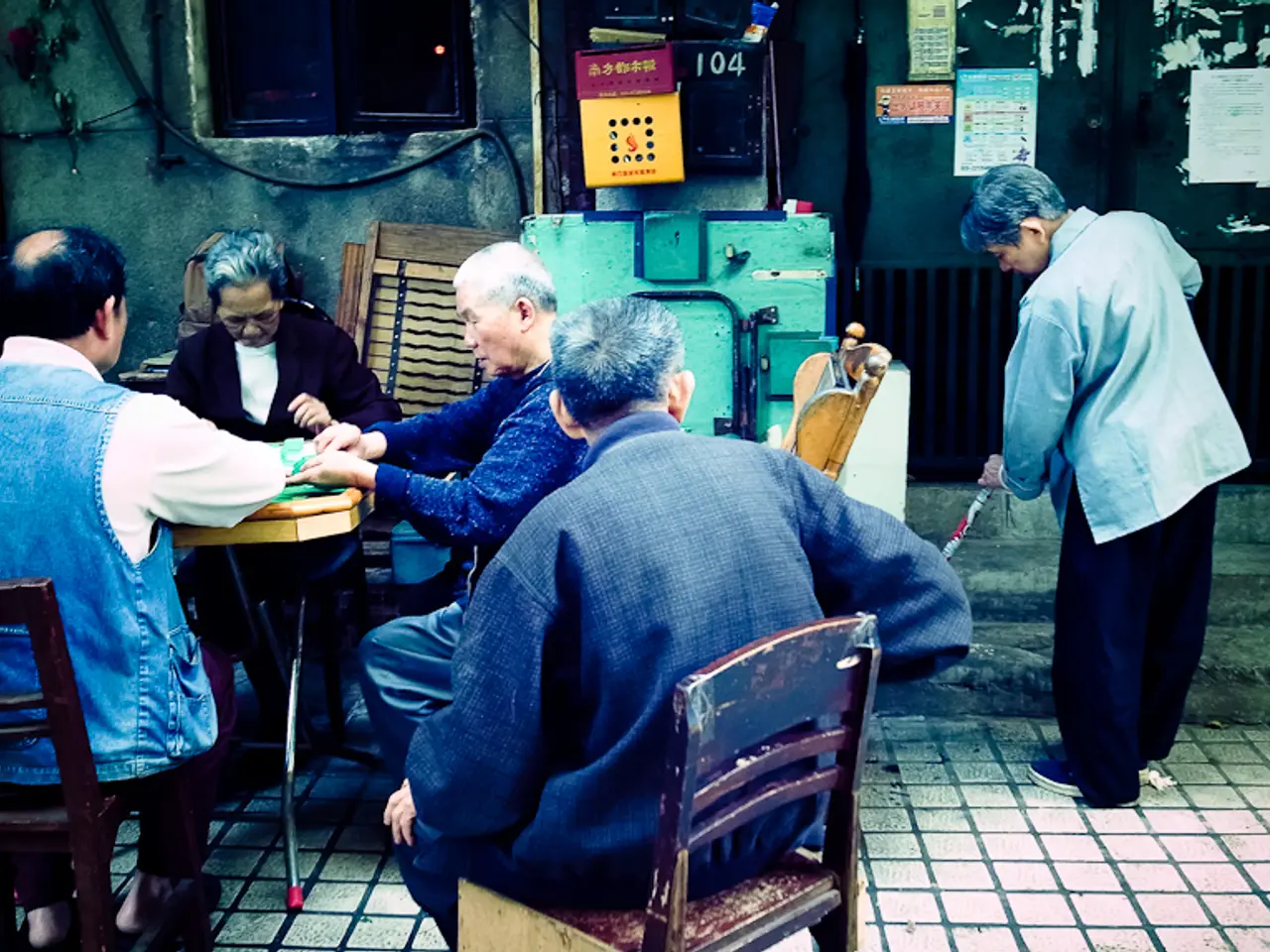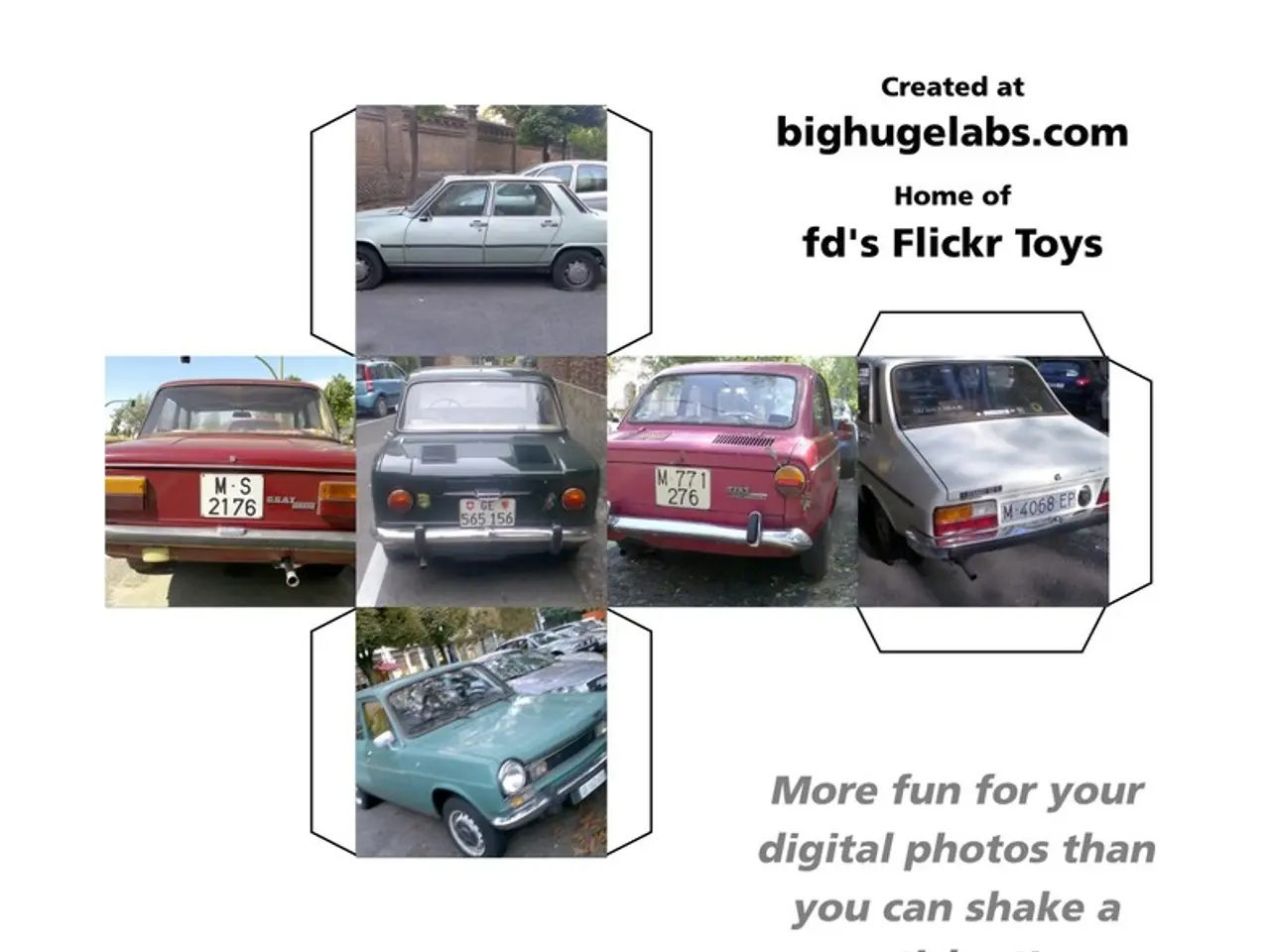Technology that Facilitated 70% Recycled MDF Production Unveiled
FANTONI S.p.A., a renowned Italian manufacturer of engineered wood products, has taken a significant step forward in sustainable manufacturing, thanks to a groundbreaking partnership with STEINERT. This collaboration has enabled FANTONI to produce premium Medium Density Fibreboard (MDF) panels with an unprecedented 70% recycled content, far surpassing the industry's typical 15–20%.
The partnership, which extends beyond a simple equipment supply, is rooted in a deep engineering collaboration. FANTONI and STEINERT have jointly conducted extensive research and development, testing, and on-site optimization, ensuring the most effective sorting solutions for FANTONI's specific material flows. This close collaboration has resulted in high purity and efficiency in the recycled fiber stream.
During the critical startup phase, STEINERT teams worked on-site to fine-tune machine settings and ensure optimal performance. This hands-on support was instrumental in achieving the required cleanliness and operational efficiency, directly impacting the quality and consistency of the final product.
A key innovation facilitated by this collaboration is FANTONI’s ability to recycle not just post-consumer wood waste but end-of-life MDF panels themselves—a major technical challenge in the industry. This “MDF-to-MDF” recycling creates a truly circular model, where today’s furniture can become the raw material for tomorrow’s panels.
FANTONI’s approach involves a three-layer panel design: virgin wood forms the flawless outer surfaces, while the core consists of the high-recycled-content MDF processed through STEINERT’s sorting systems. This structure ensures both aesthetic quality and structural integrity, meeting the demands of premium furniture markets.
The partnership's key contributions include advanced sorting technology, close engineering collaboration, and a commitment to circular economy principles. FANTONI invests in Life Cycle Analysis (LCA) studies and Environmental Product Declarations (EPD) to back its environmental claims.
As regulatory requirements drive demand for recycled content, this approach offers a roadmap for the industry's sustainable future. Interested parties can contact a STEINERT specialist for further information, or manufacturers seeking sustainable production solutions can leverage STEINERT's comprehensive sorting technologies and engineering expertise.
[1] Source: FANTONI S.p.A. and STEINERT press releases [2] Source: FANTONI S.p.A. and STEINERT case studies
About FANTONI S.p.A. Established in 1878, FANTONI S.p.A. has been producing engineered wood products for nearly 150 years. With a strong commitment to sustainability and innovation, FANTONI continues to push the boundaries of what is possible in the wood panel industry.
About STEINERT STEINERT is a global leader in mineral and metal sorting, with over 160 years of experience. Their advanced sorting technologies and engineering expertise have revolutionized numerous industries, including the wood panel sector. For more information, visit www.ourwebsite.com.
- The partnership between FANTONI S.p.A. and STEINERT, rooted in environmental-science and advanced technology, has led to the production of MDF panels with a high recycled content, thus contributing significantly to the fight against climate-change by promoting a circular economy in the industry.
- FANTONI's innovative recycling approach, enabled by its collaboration with STEINERT, allows for the recycling of not just post-consumer wood waste but end-of-life MDF panels themselves, demonstrating a commitment to the environmental-science sector and a step forward in sustainability for the finance-driven wood panel industry.
- The combination of STEINERT's advanced sorting technology, FANTONI's industrial expertise, and a shared commitment to environmental research and development, ensures not only the high quality and consistency of the final product but also contributes to the wider goal of minimizing the industry's environmental impact, by reducing its reliance on virgin materials and promoting the use of recycled content in line with the principles of the circular economy.




